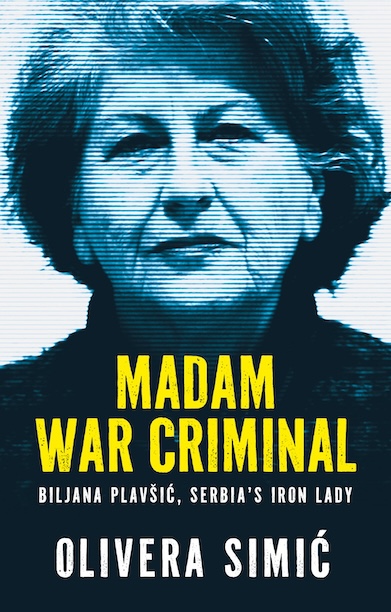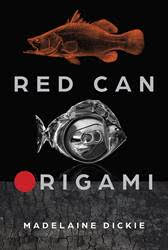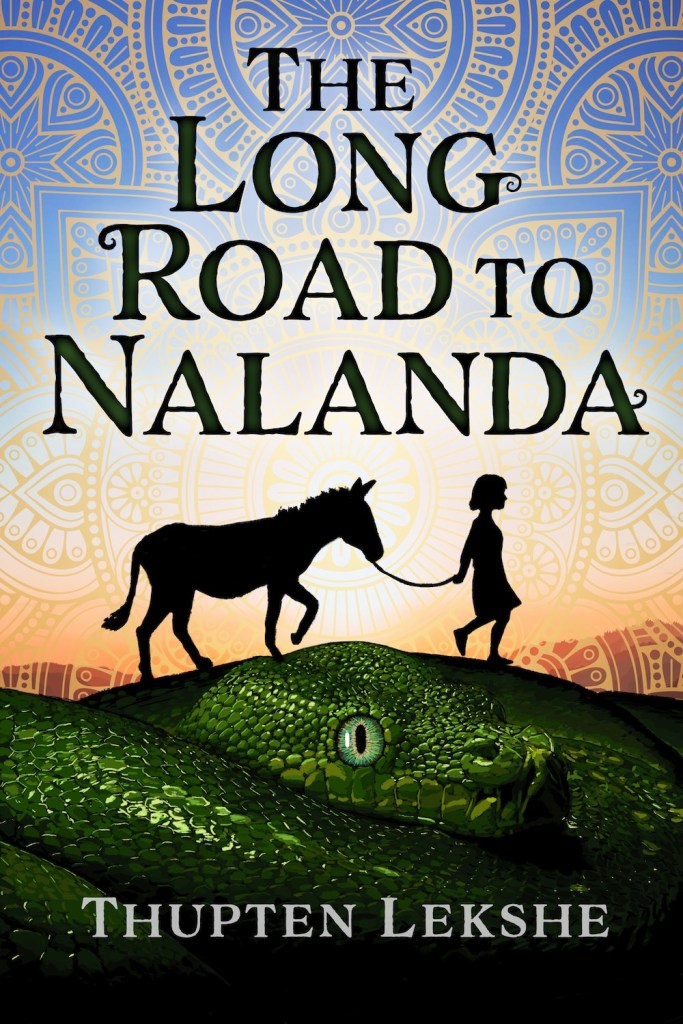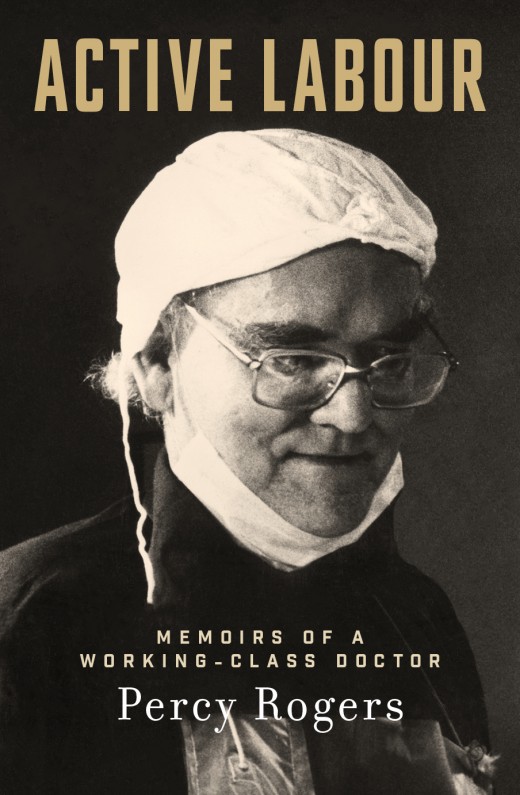
As a writing consultant, I consider myself privileged to be asked to mentor writers who are looking for someone experienced in the field of manuscript assessments and editing, and who understands the rocky road that precedes submission to publishers. A successful writing mentor is a trusted resource for those writers who are new to the process and require encouragement to […]

There is a lot to be learned about the art of creating fictional characters from Geoffrey Chaucer’s ‘The Canterbury Tales’ (a collection of twenty-four stories written in Middle English between 1387 and 1400). I recently went through my library and came across this book, which I studied many years ago and often revisit. In the ‘General Prologue’, each pilgrim is […]

Verbs are the engine of writing. When editing or reviewing, I often ask writers of both fiction and non-fiction: ‘Do you think critically about your choice of every verb in every sentence?’ The majority of answers are something like: ‘sometimes’ or ‘I don’t give them much thought because I’m focused on the flow of the sentence’. So many writers are […]

Choosing the intimate first-person point of view to write a scholarly book or a fictional narrative is challenging. Point of view (POV) is the perspective from which an author writes a story or presents information. There are three points of view (viewpoints) — the first-person POV (I, we), the second person (you, your), and the third person (he, she, they). […]

Whether you’re writing a crime narrative, Young Adult novel or an academic textbook, the ultimate aim is to create sentences that flow effortlessly so your reader is constantly engaged with the content/narrative. This memento mori still life painting by the seventeenth-century Dutch artist Pieter Claesz is a potent reminder that life is short, but our finest work/s will endure. So, […]

Whenever I’m reading a novel or editing an unpublished manuscript with heaps of dense descriptive text, it’s always a welcome relief to turn a page and see more white than black, which is usually in the form of dialogue. More importantly, successful dialogue excites most readers because it not only advances the story and fleshes out the characters, but enlivens the […]

And so, the end of 2021 draws near after another year of living with a global pandemic. Life has been tough and colourless for so many. I’ve been fortunate to find colour in the writing of so many talented authors as they refine their unpublished manuscripts—both fiction and non-fiction. And although I don’t get much time to read published novels, […]

A few years ago, an author of nonfiction whom I was mentoring as she wrote her new book, shared with me an interview she’d been listening to. The interviewee was Barbara Kingsolver, acclaimed author of historical fiction. Kingsolver was talking about the difference between fiction and nonfiction, and suggested that writing a novel is like creating a garden in the […]

Due to the insidious COVID-19 pandemic, people around the globe are bunkering down to try and stop the coronavirus from spreading further. During May, I am discounting my writing consultancy fees. I want to encourage you to write, or keep writing. If you’re well on the way with your writing project, but it’s been sitting on the back-burner of your […]

Silence is a tool that writers of fiction can use to great effect. By silencing a character in a poignant moment, emotion is heightened; interrupting action with silence can magnify drama; allowing a character to inhabit a space devoid of action allows time-out and an opportunity for reflection. For examples of silences in literary writing, seek out authors such as […]














